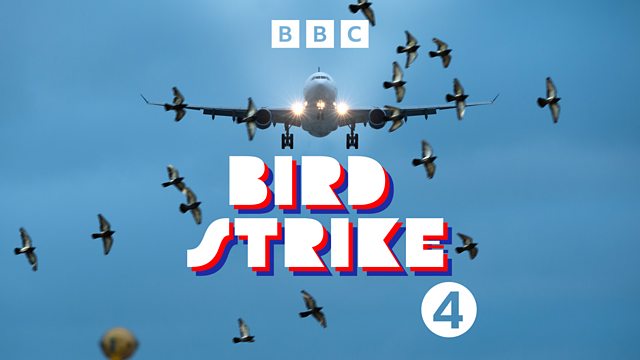Bird Strike
After experiencing an aborted take-off following a bird strike on a passenger plane, producer Polly Weston asks, how dangerous are aircraft collisions with birds?
On the 30th December 2024, the news bulletins described a horrifying event - 179 passengers lost their lives in South Korea, when a Jeju airlines flight crash landed. For one Radio 4 producer the reports felt strangely close to home, as they pointed to a bird strike as the suspected cause of the disaster.
Just a couple of months earlier Polly Weston was on a flight from Bristol to Inverness, when the take-off was aborted following a bird strike. All the passengers had to wait for a different plane in the end, after the bird went in one of the engines just before they were airborne. It was a terrifying revelation. To think that these huge machines built of metal which we pile onto in our millions every day, could apparently be broken in an instant by a single bird?
So, in the wake of the event in South Korea, a horrific question came to mind - how dangerous was that incident on Polly's flight back in September?
It's a question which has a simple answer - not dangerous, for the passengers - but which opens a can of worms. Bird strikes can be a danger to planes, in very specific circumstances, and they cost the civil aviation industry an estimated $1.2 billion a year. So there is an entire community who have devoted their lives to managing this risk - with a long, sometimes highly controversial, history. The story leads Polly right back to Bristol Airport, to meet a man called Jim whose job it is to chase birds.
Featuring pilots Captain Terry Tozer and Captain Emma Henderson, "the Godfather" of the bird strike community in the USA, Richard Dolbeer, and Jim Callaway, chief bird officer and longest standing member of staff at Bristol airport.
Produced and presented by Polly Weston
Mixed by Ilse Lademann
Editor: Chris Ledgard
Last on
Broadcasts
- Sunday 13:30大象传媒 Radio 4
- Monday 16:00大象传媒 Radio 4

